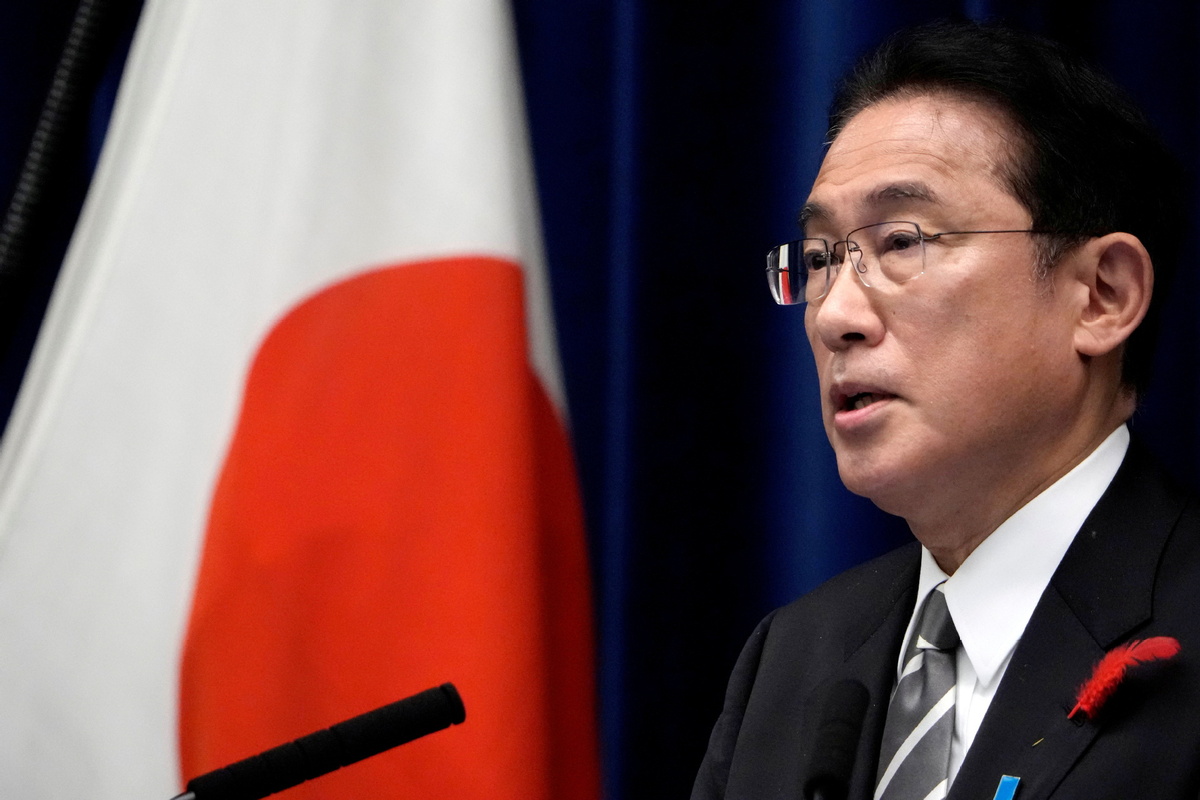Japan's Kishida re-elected PM in special Diet session


TOKYO -- Japan's Liberal Democratic Party (LDP) President Fumio Kishida was re-elected as prime minister in a special parliament session on Wednesday after the LDP secured majority of votes in the House of Representatives election on Oct. 31.
Having served as the prime minister for around a month after coming into power on Oct. 4, Kishida will launch his second Cabinet Wednesday afternoon as his Cabinet resigned en masse as required by the Constitution prior to the three-day Diet session through Friday.
Kishida is expected to appoint former education minister, Yoshimasa Hayashi, as his foreign minister, who leads a non-partisan parliamentarians' group promoting Japan-China relations.
Most of the current Cabinet members will remain unchanged as it was launched last month.
Toshimitsu Motegi, who has stayed in the post of foreign minister since 2019, became the LDP's secretary general earlier this month to replace Akira Amari.
The powerful chamber elected Hiroyuki Hosoda, a former chief Cabinet secretary, as its speaker, and picked Banri Kaieda, a former industry minister and a member of the main opposition Constitutional Democratic Party of Japan, as vice speaker.
Former Prime Minister Shinzo Abe will succeed Hosoda as the chair of LDP's largest faction, which he left in 2012 to become the country's leader.
Following the special session, the LDP is looking to convening an extraordinary Diet session later this year to pass a supplementary budget for fiscal 2021, including stimulus measures to alleviate the impact of the COVID-19 pandemic.
The extra budget, expected to be worth 30 trillion yen (266 billion U.S. dollars), will include distribution of 100,000 yen handouts (886 dollars) in cash and vouchers to those aged 18 and younger as well as resumption of the government's "Go To Travel" tourism promotion campaign that subsidizes a part of domestic travel spending.
Kishida also aims to achieve salary increases for care workers, nurses and nursery school staff.
In the Oct. 31 election, the LDP won 261 seats in the lower house, 15 fewer than it previously held but sufficient to effectively control all standing committees and force through legislation when needed, with Komeito increasing the number of seats to 32 from 29 previously.































